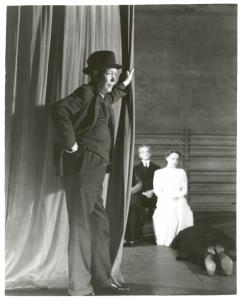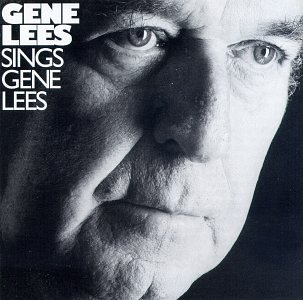 I expect that David Mamet’s Theatre, which was published last week, is going to stir up a stink, and I plan to write about it at length at some point in the future. For now, though, I want to pass on the following paragraphs:
I expect that David Mamet’s Theatre, which was published last week, is going to stir up a stink, and I plan to write about it at length at some point in the future. For now, though, I want to pass on the following paragraphs:
Here are my choices for Great American Plays: First, Our Town, then The Front Page, Who’s Afraid of Virginia Woolf?, A Streetcar Named Desire, All My Sons, and Doubt. One might also mention The Time of Your Life, The Boys in the Band, The Best Man, and The Women.
What do these plays have in common? They are intensely American. That is, they both treat American issues and are written in an American idiom closer to real poetry than to prose.
That is a damned interesting list, and an equally interesting explanation. My own list, needless to say, would look different–but the overlap would be considerable.

 Gene Lees, who published the Jazzletter and wrote the lyrics for such standards as Antonio Carlos Jobim’s “This Happy Madness” and Bill Evans’ “Waltz for Debby,” was so much a part of my life that I can’t take in the fact of his death. I knew him for years and wrote a preface for
Gene Lees, who published the Jazzletter and wrote the lyrics for such standards as Antonio Carlos Jobim’s “This Happy Madness” and Bill Evans’ “Waltz for Debby,” was so much a part of my life that I can’t take in the fact of his death. I knew him for years and wrote a preface for